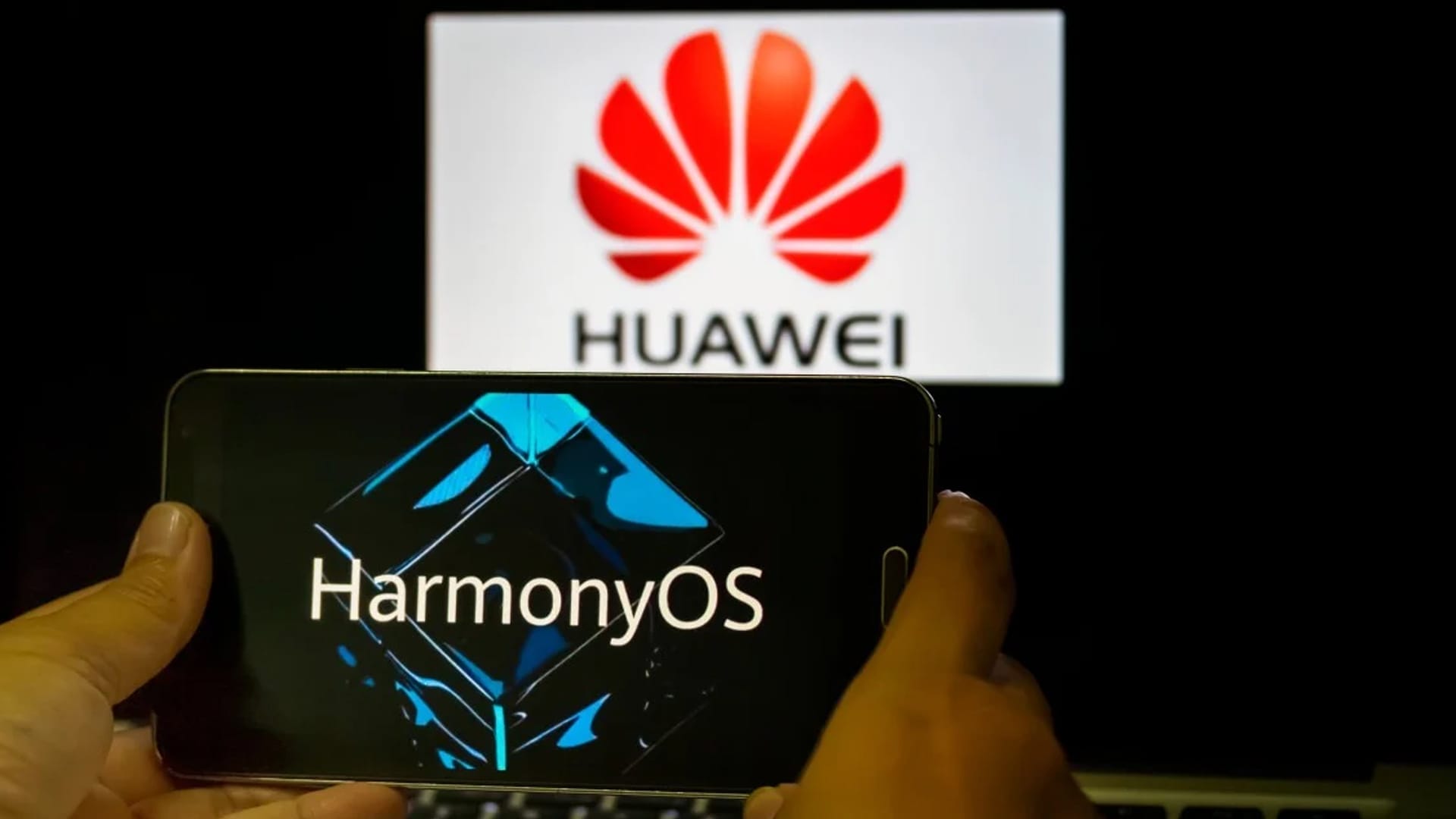Huawei launches new Nova smartphones
Huawei's latest Nova 12 series launch, featuring satellite connectivity and running on HarmonyOS 4, stirs excitement in the technology world, signalling intensified competition in China's smartphone...

Huawei Technologies has recently unveiled its latest Nova smartphone series, creating a buzz in the technology world. The launch, which comes on the heels of their successful 5G-capable Mate 60 Pro, raises curiosity due to the absence of details on the devices’ processors.
Table Of Content
Unveiling the Nova series
Tuesday’s event introduced three models in the Nova 12 lineup: the Nova 12, Nova 12 Ultra, and Nova 12 Pro, with prices ranging from 2,999 yuan (US$420) to 5,499 yuan. These smartphones operate on Huawei’s newest operating system, HarmonyOS 4, and boast satellite connectivity in the higher-end models. However, Huawei kept the details about the processors and 5G capabilities under wraps during the launch.
Immediate market response
Immediately following their release, the new models were listed as out of stock on Huawei’s website within an hour, indicating strong market demand. This mirrors the enthusiastic reception of the Mate 60 Pro, Huawei’s first 5G smartphone post-US trade sanctions, which features the company’s advanced Kirin 9000s processor.
The competitive Chinese smartphone landscape
The launch of Huawei’s Nova series is set to intensify the competition in China’s smartphone market. This market is already competitive with recent launches like the iPhone 15 and Xiaomi’s Mi 14 series. Huawei’s Mate 60 Pro, in particular, has spurred a resurgence in the market, which had been facing economic and COVID-19-related challenges. According to a recent IDC report, the market is showing signs of recovery, with an expected increase in smartphone shipments in the fourth quarter.
Future prospects
Looking forward, China’s smartphone market, the largest in the world, is projected to see a 3.6% increase in shipments in 2024, reaching about 287 million units. This growth, the first since 2021, is likely due to an improving economy and a rising consumer interest in advanced technology.














